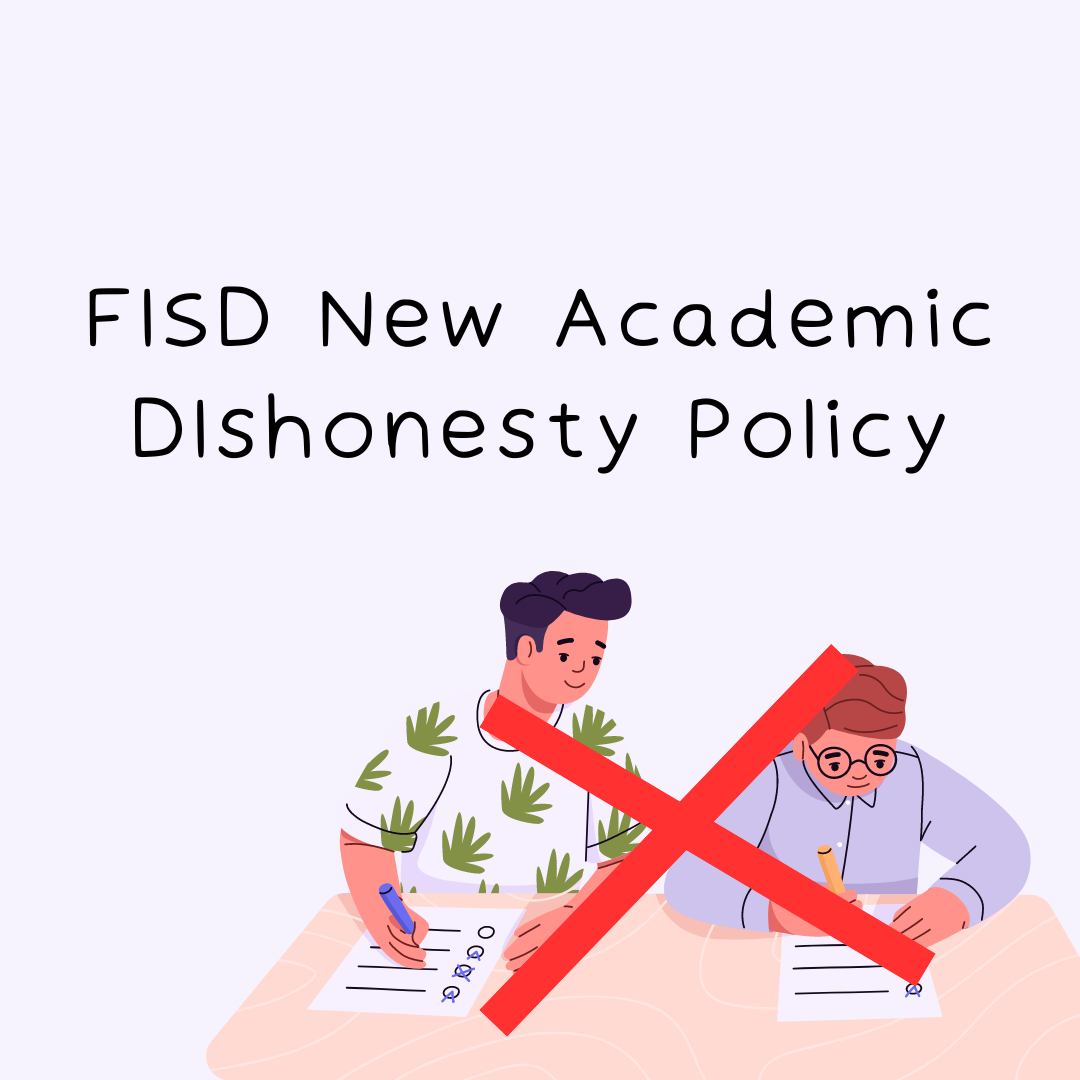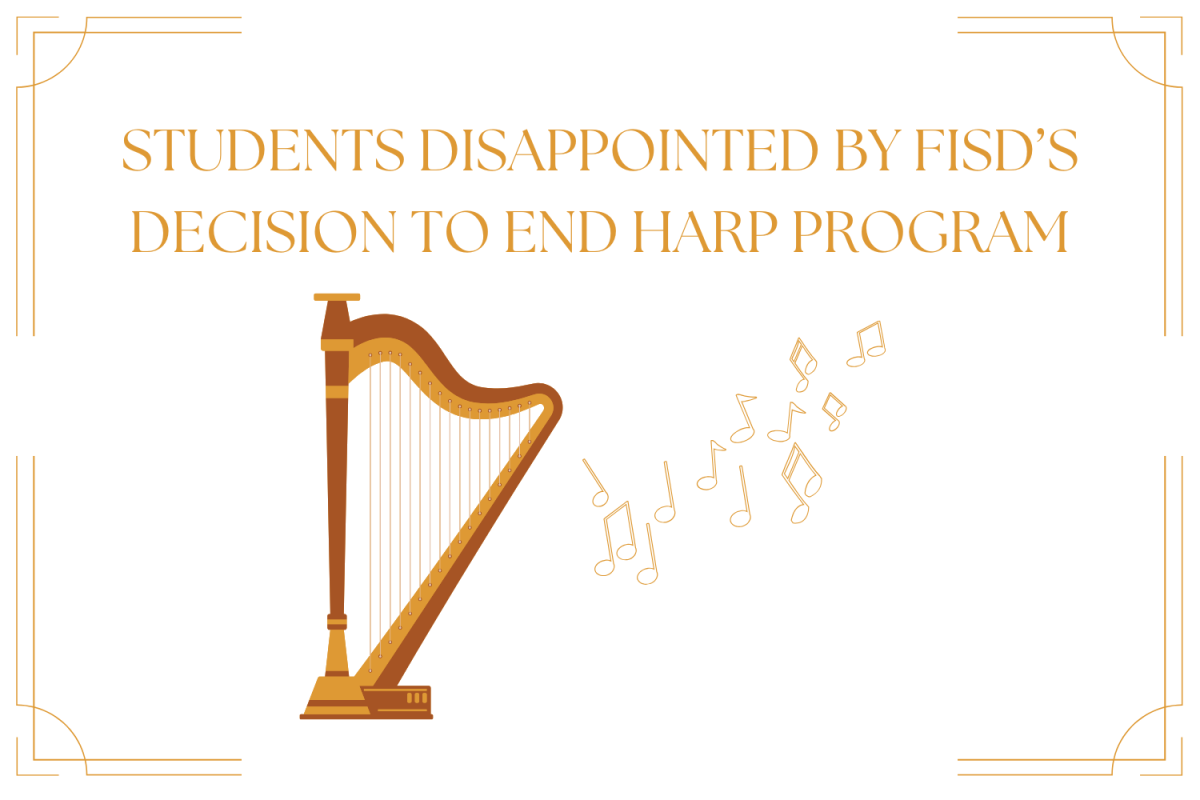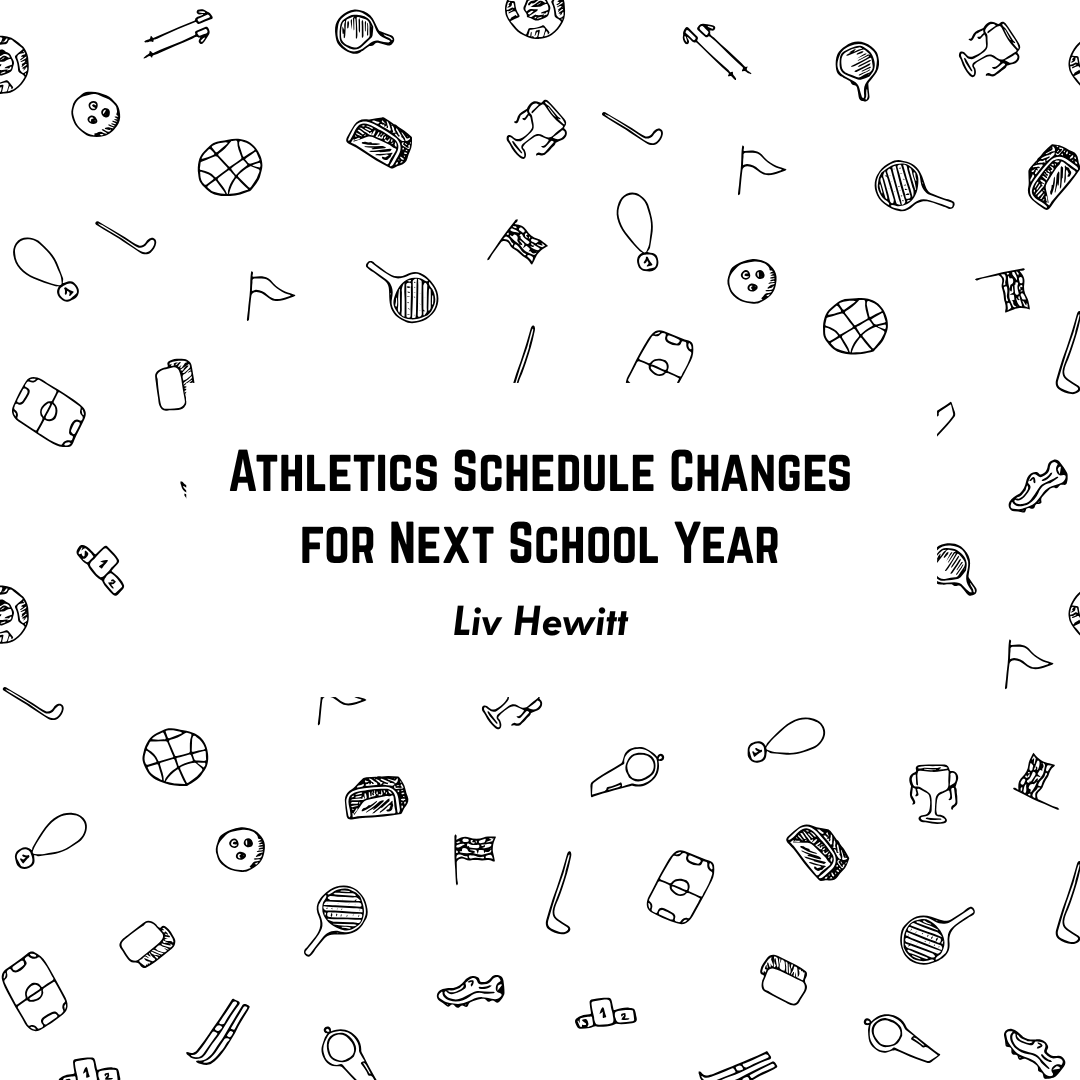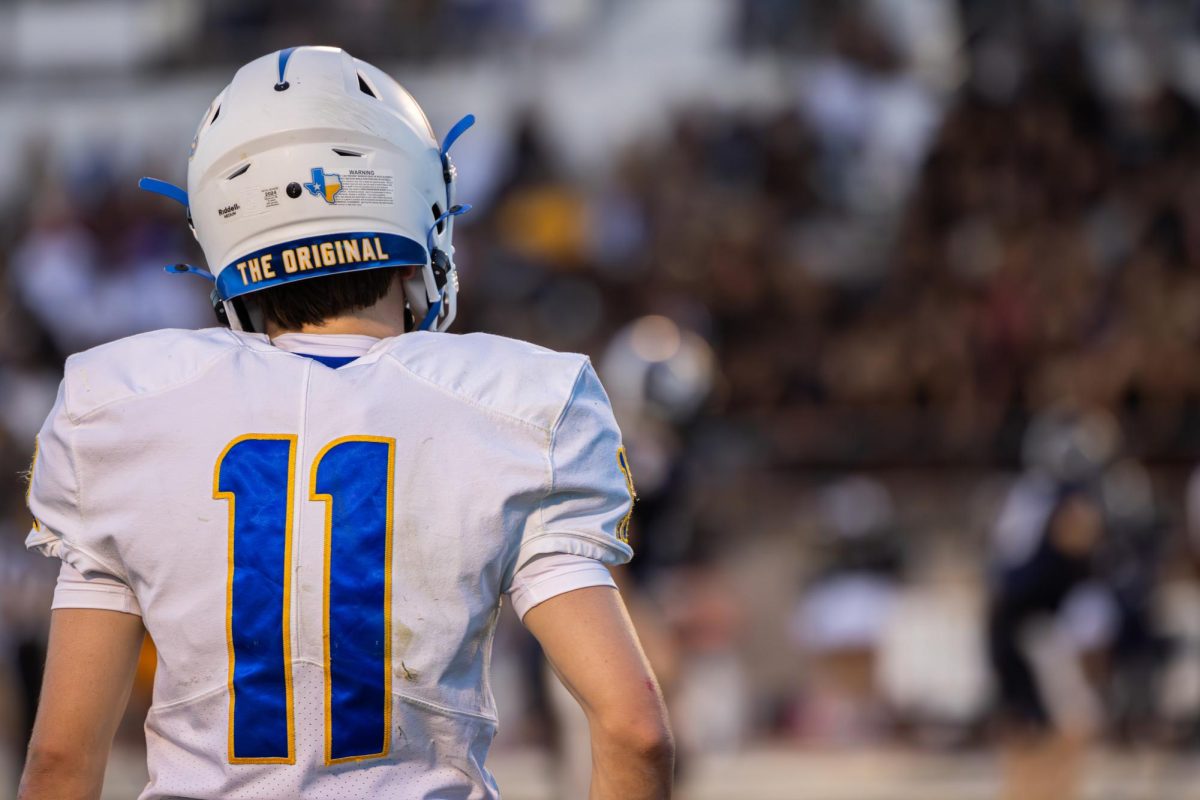For the 2024 – 25 academic school year, FISD has created a new academic dishonesty policy. The policy addresses cheating, the use of AI and plagiarism. It utilizes students’ grades as an incentive for them to not cheat.
“The school district wanted to put it in place because we saw an increase in academic dishonesty,” Associate Principal Tai Davis said. “We needed to put some guidelines in place so that students had a clearer understanding of the expectations, and a better understanding of academic integrity.”
The policy states for the first offense a student will only be able to retest up to a 70, complete a Canvas course and a one Saturday school assignment. They could also potentially be suspended from National Honor Society (NHS). For the second and third offense, another Canvas course and Saturday school assignment must be completed, the student will be removed from NHS and they will only be able to retest up to a 60 and 50 respectively. The fourth offense warrants a conference with admin and potentially another intervention to guarantee academic success.
“In the beginning it may not be enough of a deterrent,” teacher Tamara Roberts said. “but once students that tend to be academically dishonest find out how much it can affect their grades, hopefully they will find better ways to study and do their work instead of cheating.”
The guidelines of this policy motivate students to avoid cheating as their GPA is typically very important to them. It also dissuades students from cheating now which can help them develop better study schedules before they get to college, if they decide to go.
“I think it does a good job of giving students the opportunity to correct a mistake before it gets to the point where the consequences are detrimental,” Roberts said. “I know at colleges with academic dishonesty you could just be kicked out of the school or removed from the class, and those are pretty extreme.”
Along with the policy, the school district has begun to block more AI sites such as ChatGPT and Grammarly.
“While I do think blocking AI is probably for the better, there are some that can help the students with grammar and formality on assignments and emails,” Aditi Gudiboina ‘26, said. “Those being blocked might be a little bit of an inconvenience.”
Teachers and administration hope to help students learn how to use AI in a beneficial way without it being considered cheating.
“AI is a really good way to get ideas or to give you an outline for something, but you have to put the information in,” Davis said. “You can’t just ask it for answers.”
The teachers and staff hope to see a decrease in academic dishonesty over the course of the next year.
“It’s important that if students have questions about whether or not they’re violating this policy to ask questions and ask their teachers,” Davis said. “That’s really important so students are very clear on ensuring that you’re following the guidelines.”







![Audra Shioya '25 receives a big check as a scholarship recipient. [PC: Audra Shioya]](https://raccoonrambler.com/wp-content/uploads/2025/05/IMG_4100-900x1200.jpeg)




